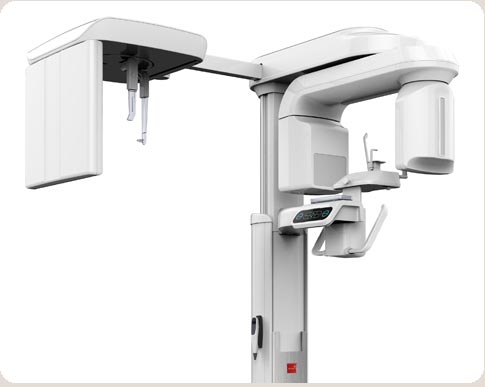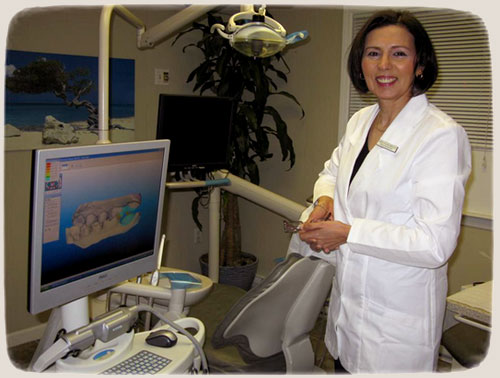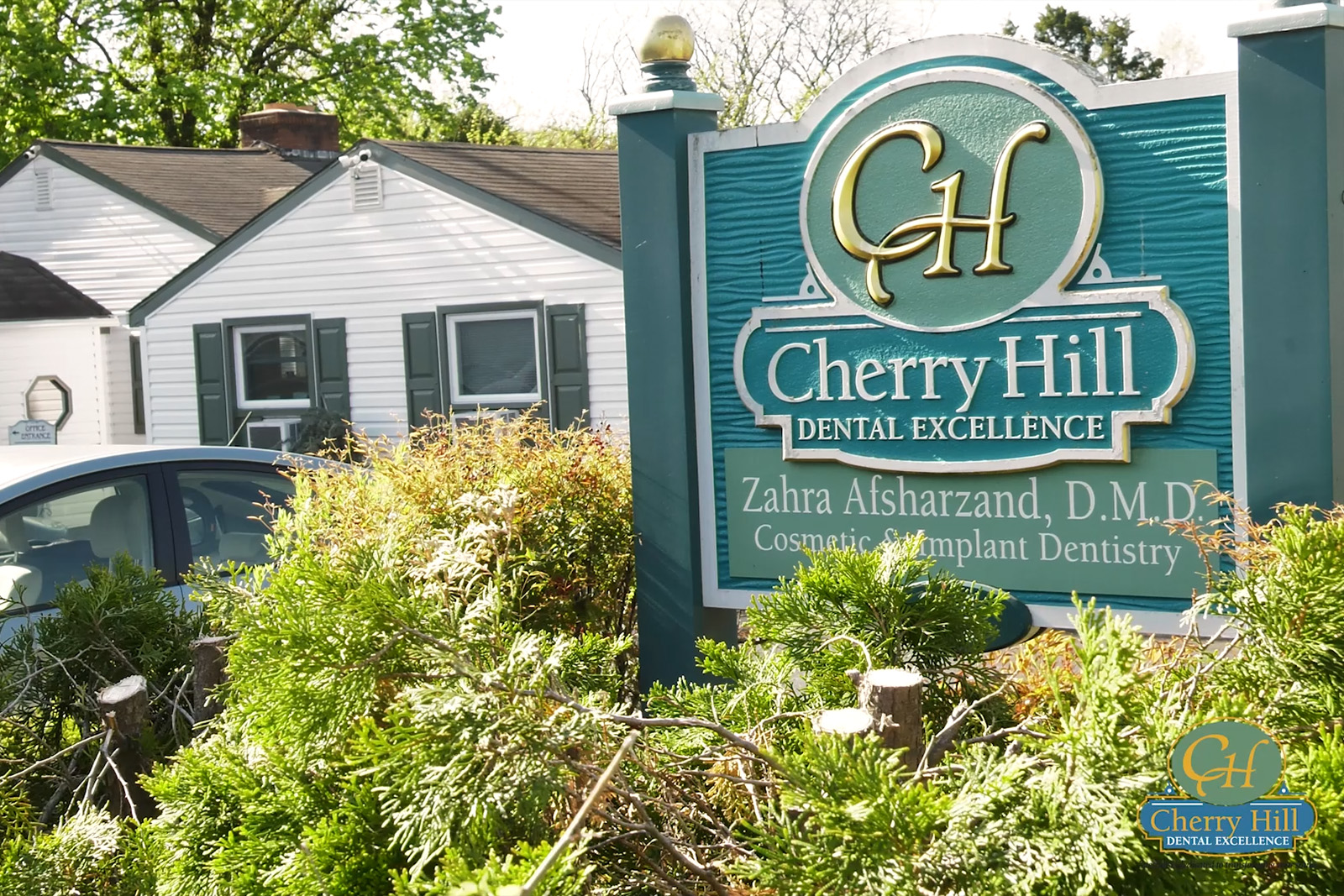

As prosthodontic and periodontal specialists, our dentists are on the leading edge of dentistry, including the use of dental technology that improves your care and your dental health. Our state-of-the-art West Deptford facility is home to the following:
You don’t need to imagine anymore. Low dose radiation scans are a reality. Imagine a device that can provide superior diagnostic quality radiography and significantly lower dose at the same time. Every once in a while a truly revolutionary product comes along that changes everything. Green CT™ (computed tomography) is not just about having another medical device in our dental practice – it is about the many practical benefits provided by truly “low-dose” imaging, thereby minimizing unnecessary radiation exposure to patients.

With the iTero digital impression system, we are able to take a highly accurate digital impression for your crown or bridge area, completely eliminating the uncomfortable tray and putty impressions. What’s more, iTero technology all but guarantees a perfect fit for your new crown or bridge, so you spend less time at the dentist’s office and more time enjoying your new smile.
Digital radiography (digital x-ray) is the latest technology used to take dental x-rays. This technique uses an electronic sensor (instead of x-ray film) that captures and stores the digital image on a computer. This image can be instantly viewed and enlarged helping the dentist and dental hygienist detect problems easier. Digital x-rays reduce radiation 80-90% compared to the already low exposure of traditional dental x-rays.
Dental x-rays are essential, preventative, diagnostic tools that provide valuable information not visible during a regular dental exam. Dentists and dental hygienists use this information to safely and accurately detect hidden dental abnormalities and complete an accurate treatment plan. Without x-rays, problem areas may go undetected.
Detecting and treating dental problems at an early stage may save you time, money, unnecessary discomfort, and your teeth!
We are all exposed to natural radiation in our environment. Digital x-rays produce a significantly lower level of radiation compared to traditional dental x-rays. Not only are digital x-rays better for the health and safety of the patient, they are faster and more comfortable to take, which reduces your time in the dental office. Also, since the digital image is captured electronically, there is no need to develop the x-rays, thus eliminating the disposal of harmful waste and chemicals into the environment.
Even though digital x-rays produce a low level of radiation and are considered very safe, dentists still take necessary precautions to limit the patient’s exposure to radiation. These precautions include only taking those x-rays that are necessary, and using lead apron shields to protect the body.
The need for dental x-rays depends on each patient’s individual dental health needs. Your dentist and dental hygienist will recommend necessary x-rays based upon the review of your medical and dental history, a dental exam, signs and symptoms, your age, and risk of disease.
A full mouth series of dental x-rays is recommended for new patients. A full series is usually good for three to five years. Bite-wing x-rays (x-rays of top and bottom teeth biting together) are taken at recall (check-up) visits and are recommended once or twice a year to detect new dental problems.
Ever been curious about what goes on during your dentist visit? Our intraoral cameras give you an up close, detailed view of your teeth. It is an indispensable diagnostic and educational tool. The tiny device is a video camera that moves around inside the mouth and generates a tooth-by-tooth video exam of the teeth. With the images produced by the intraoral camera, you can see each of your teeth and your dentist can indicate problems such as broken teeth, plaque, decay, gum disease, defective fillings, and so on. Using an intraoral camera allows you to take control of your dental health by seeing what we see and learning about your dental health needs.
In recent years, laser dentistry has superseded many traditional dentistry practices, making treatments more precise and less painful. This newer style of dentistry utilizes intense beams of light projected by a dental laser. Dental lasers can be used to perform a wide variety of treatments, including soft tissue shaping and removal.
The FDA deemed laser dentistry to be safe for public usage in 1990. Since then, many dentists have incorporated dental lasers into everyday procedures – reducing bleeding, anxiety and post-treatment recovery times. The beauty of dental lasers is that they damage far less of the surrounding tissue than traditional techniques – which means less discomfort and pain.
Laser dentistry is incredibly versatile and plays an important role in a growing number of common dental procedures. Though laser dentistry is most notably associated with cosmetic treatments, it is equally effective for preventative purposes.
Different types of dental laser have been created to treat different conditions. Each laser uses a different wavelength of light, which predicates its best use. The most common types of dental laser are carbon dioxide lasers and diode lasers, which are usually employed to treat soft tissue problems. The dentist will decide which type of laser is best to use after conducting X-rays and a thorough examination.
The laser beam is extremely bright, and special glasses will be provided to protect the eyes. The dentist will then direct the beam at the affected area and carefully dissolve the soft tissue, harden the filling or whiten the teeth.
The procedure will take far less time than conventional methods, and cause far less anxiety and discomfort. The only real disadvantage of laser dentistry is that it can prove to be more expensive.
Our sterilization procedures meet the Centers for Disease Control guidelines. We heat-sterilize all hand pieces and instruments after each use. We only use ADA approved disinfectants. We use disposable gloves, gowns, masks, eye protection and barrier covers at all times.
We understand your concern about water quality and the importance of keeping you and your family healthy. For this reason, we utilize filtered water lines during our dental procedures. By filtering the water used in dental procedures, we are able to get rid of any substances that may compromise the health of our patients. The safety, health and dental care of patients are our top priorities. This is just another way to show how much we care!
